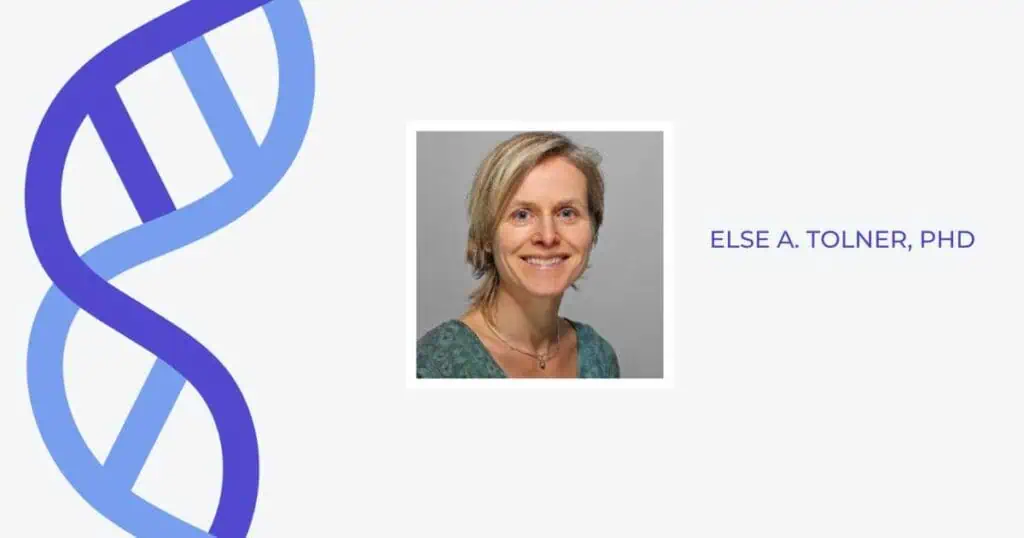Else A. Tolner, PhD – Leiden University Medical Centre
Neurophysiological characterization of the therapeutic effect of exogenous NaV1.1 channels
Research Grant in the amount of $110,000 over 3 years
Funding for this grant was supported by Dance for Dravet
Grant Summary from the Investigators:
The early idea behind gene therapy was to replace faulty genes with healthy ones. While this can be relatively simple for some organs or conditions, treating brain disorders—especially those affecting development—presents extra hurdles. Neurons are highly specialized and varied, which complicates treatment strategies for brain diseases.
A recently developed gene therapy using CAV-SCN1A has proven to be one of the most promising approaches for DS mice so far. Notably, this strategy challenged the conventional wisdom that only certain neuron types (specifically inhibitory neurons) should be targeted. We now seek to understand how and why this therapy works: What changes does CAV-SCN1A bring about in the brains of treated mice? Can these findings inspire new directions and creative solutions?
Importantly, earlier studies with CAV-SCN1A gene therapy have already shown that many of the most severe symptoms—such as seizures, sudden death, and cognitive impairments—can be improved. In this project, we also investigate whether the therapy can address less obvious, but still impactful, problems like sleep disturbances that relate to ongoing brain activity. Successfully restoring healthy sleep patterns could dramatically improve quality of life for people with DS. These are among the key objectives of the proposed research.
About the Investigators:
Else A. Tolner, PhD, is Assistant Professor and faculty staff member at the department of Neurology at the Leiden University Medical Centre (LUMC), the Netherlands. She is leading a neurophysiology laboratory within the Human Genetics department, equipped with various video-EEG systems for in vivo translational studies on brain activity and physiological changes in transgenic mouse models of epilepsy and hemiplegic migraine.
Dr. Tolner obtained her PhD in 2005 on neuroplasticity processes in epilepsy from the University of Amsterdam, under supervision of late Prof. Fernando Lopes da Silva. As postdoctoral researcher she studied cortical network dynamics in epilepsy, in the lab of late Prof. Uwe Heinemann at the Charité, Berlin, and afterwards at Helsinki University in the team of Prof. Kai Kaila. She started her neurophysiology lab at the LUMC in 2011 within the team of Prof. Arn van den Maagdenberg, funded by an institutional tenure-track fellowship. She has received various sources of funding for her epilepsy and SUDEP studies through a Marie Curie Career Integration Grant (2011), CURE SUDEP award (2014) and Dutch League against Epilepsy Grants (2016 & 2022).
Dr. Tolner has published over 50 papers on preclinical and clinical findings in the field of epilepsy and migraine, that include identification of brainstem depolarization as critical mechanism in genetic models with risk for sudden death. Her current research focuses on uncovering pathophysiological mechanisms and therapeutic targets for epilepsy and co-morbid (hemiplegic) migraine, including overlapping features. By close collaboration with clinical partners at the LUMC and abroad, she integrates data from functional studies in the transgenic animal models with EEG findings from patients with epilepsy or migraine. Ongoing preclinical epilepsy studies concern identification of EEG indicators for seizure risk and treatment response in the Dravet Scn1a knock-out model, and investigation of epilepsy features in models of Alternating Hemiplegia of Childhood and Alzheimer’s disease.

